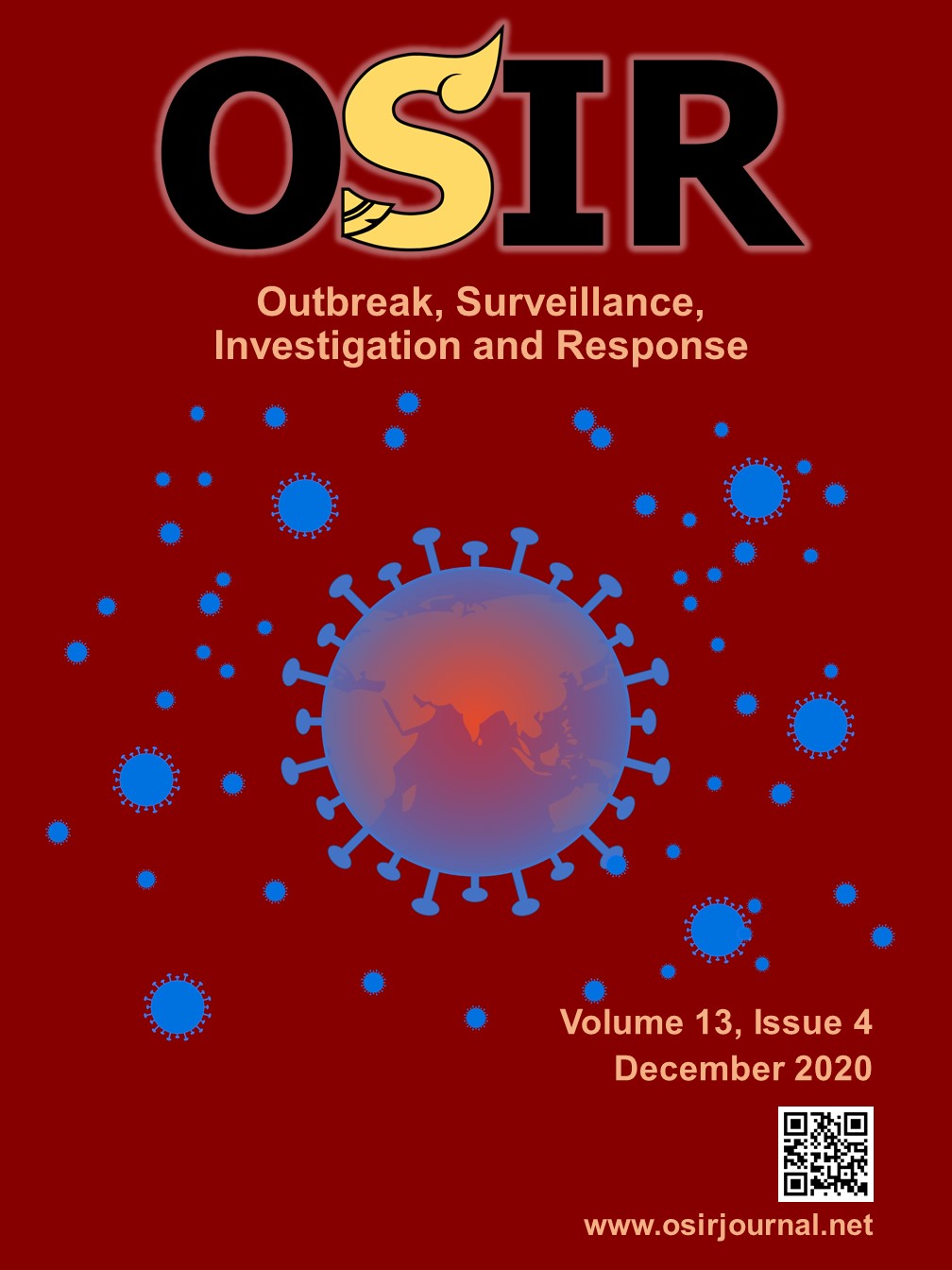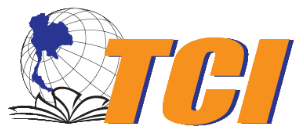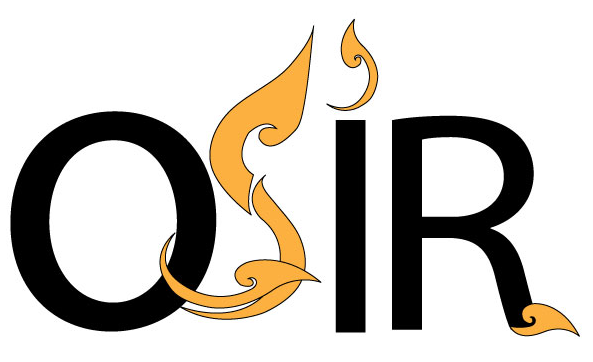Assessment of Knowledge and Performance of Village Health Volunteers after Expanding Their Responsibilities in Bago Region, Myanmar, 2017
DOI:
https://doi.org/10.59096/osir.v13i4.262799Keywords:
malaria, volunteers, Integrated Community Malaria VolunteersAbstract
With declining malaria morbidity in recent years, the National Malaria Control Program, in 2017, expanded Village Health Volunteer (VHV) responsibilities with the integration of other diseases, including dengue haemorrhagic fever, lymphatic filariasis, tuberculosis, leprosy and HIV/AIDS; and changed their name to Integrated Community Malaria Volunteer (ICMV). This study aimed to assess VHV's knowledge and performance before and after integration and to identify challenges. VHV’s knowledge was assessed with an uncontrolled pre- vs. post-intervention study, and malaria-related performance was assessed with a pre- vs. post-intervention with a non-randomized comparison group. The number of suspected malaria cases blood tested were compared in an intervention township (Kyauktagar) and comparison township (Daik-U). Data were collected by face-to-face interviews and review VHV’s reports and patient registers. The VHV attrition rate was 5% (4/86) over 3 months. All knowledge scores increased significantly after training. However, follow-up knowledge scores were still relatively low. The only difference in reporting status between pre- and post-integration was in timeliness, which was significantly better post-integration. Blood testing was increased in the intervention township. ICMVs had no challenges in malaria activities but some difficulties on reporting forms for other diseases. In conclusion, VHV performance improved in malaria-related aspects after the training. This will support malaria elimination efforts but their performance for non-malaria diseases should be re-evaluated.
References
World Health Organization. Malaria Fact sheet [Internet]. Geneva: World Health Organization; c2020 [cited 2020 Aug 01]. <https://www.who.int/news-room/fact-sheets/detail/malaria>
Myanmar, Ministry of Health. Department of Public Health: National Strategic Plan for Intensifying Malaria Control and Accelerating Progress towards Malaria Elimination 2016-2020. Nay Pyi Taw: Ministry of Health; 2015.
Myanmar, Ministry of Health. Department of Public Health: Annual Book VBDC 2016. Nay Pyi Taw: Ministry of Health; 2017.
KyawTT. Improving Access to treatment in Myanmar, MMV Stakeholders Meeting; 2012 Nov 7-8; New Dehli.
Ngin SN.Training of trainers for training of Integrated Community Malaria Volunteers; 2017; Nay Pyi Taw.
National Malaria Control Programme Department of Public Health, Ministry of Health, The Republic of the Union of Myanmar. Manual for Village Health Volunteers. Nay Pyi Taw: Ministry of Health, WHO; 2015.
National Malaria Control Programme Department of Public Health, Ministry of Health and Sports, The Republic of the Union of Myanmar. Integrated Community Malaria Volunteers guideline (draft). Nay Pyi Taw: Ministry of Health and Sports; 2017.
Rowe AK, Rowe S, Peters DH, Holloway KA, Chalker J, Ross-Degnan D. The effectiveness of strategies to improve health worker knowledge in low- and middle-income countries and the association between knowledge and clinical practice: a systematic review. The 66th Annual Meeting of the American Society for Tropical Medicine and Hygiene; 2017 Nov 5–9; Baltimore, Maryland, USA.
Castro Lopes S, Guerra-Arias M, Buchan J, Pozo-Martin F, Nove A. A rapid review of the rate of attrition from the health workforce. Hum Resour Health. 2017; 15(1):21. doi:10.1186/s12960-017-0195-2
Blanas DA, Ndiaye, Y, Nichols K, Jensen A, Sidduqui A, Hennig N. Barriers to community case management of malaria in Saraya, Senegal: training, and supply chains. Malar J. 2013;12:95. doi:10.1186/1475-2875-12-95
Canavati SE, Lawpoolsri S, Quintero CE, Nguon C, Ly P, Pukrittayakamee S, et al. Village malaria worker performance key to the elimination of artemisinin-resistant malaria: a Western Cambodia health system assessment. Malar J. 2016;15:282. doi:10.1186/s12936-016-1322-6
Nyunt MH, Aye KM, Kyaw KT, Han SS, Aye TT, Wai KT, et al. Challenges encountered by local health volunteers in early diagnosis and prompt treatment of malaria in Myanmar artemisinin resistance containment zones. Malar J. 2016;15:308. doi:10.1186/s12936-016-1368-5
Downloads
Published
How to Cite
Issue
Section
License
Copyright (c) 2023 Outbreak, Surveillance, Investigation & Response (OSIR) Journal

This work is licensed under a Creative Commons Attribution-NonCommercial-NoDerivatives 4.0 International License.









